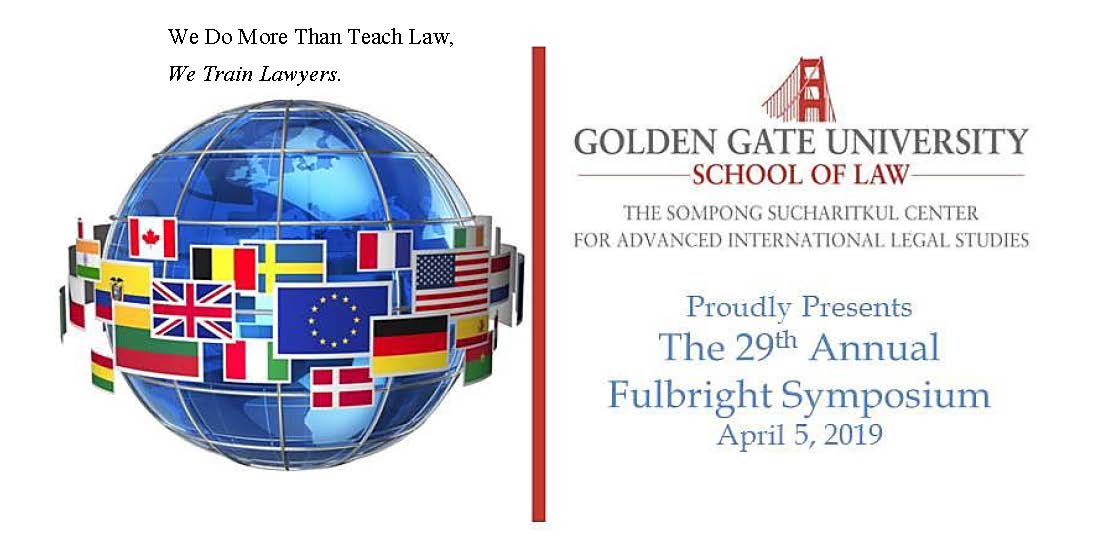Event Title
Afternoon Panel: Home-grown Terror in a Rapidly Changing world
Start Date
27-3-2015 2:00 PM
End Date
27-3-2015 5:00 PM
Description
Addressing the incidences of extremism and violence which the international community has been forced to confront prior to, but more immediately since, the shocking attacks of 9/11 is crucial to any serious action for social stability and by extension, world peace. The ease of movement of persons, arms and finances, and the innovations in communication and technology have helped to transmit terror from the most far flung destinations to the global stage, yet the common usage of the term ‘terrorist’ does not help the blurred distinctions on how to approach those who engage in indiscriminate terror attacks within a domestic jurisdiction and those who engage in similar attacks but with such violence and wide reaching cross-border influence. Here we examine the ‘Boko Haram’ terrorism phenomenon, its ideology and nature, its activities, and the impacts and responses thereof. This paper finds that this group, home grown in the interiors of the northern states of Nigeria but whose activities along with Al-Qaeda, ISIL and others have attracted international attention, have brought to the fore the challenges faced by law and governments in tackling an ideology whose purpose is not understood and whose objectives remain as variant and as indiscriminate as their attacks of terror.
Afternoon Panel: Home-grown Terror in a Rapidly Changing world
Addressing the incidences of extremism and violence which the international community has been forced to confront prior to, but more immediately since, the shocking attacks of 9/11 is crucial to any serious action for social stability and by extension, world peace. The ease of movement of persons, arms and finances, and the innovations in communication and technology have helped to transmit terror from the most far flung destinations to the global stage, yet the common usage of the term ‘terrorist’ does not help the blurred distinctions on how to approach those who engage in indiscriminate terror attacks within a domestic jurisdiction and those who engage in similar attacks but with such violence and wide reaching cross-border influence. Here we examine the ‘Boko Haram’ terrorism phenomenon, its ideology and nature, its activities, and the impacts and responses thereof. This paper finds that this group, home grown in the interiors of the northern states of Nigeria but whose activities along with Al-Qaeda, ISIL and others have attracted international attention, have brought to the fore the challenges faced by law and governments in tackling an ideology whose purpose is not understood and whose objectives remain as variant and as indiscriminate as their attacks of terror.


Comments
Elimma C. Ezeani is the Course Leader for the LLM International Commercial Law programme at Robert Gordon University Aberdeen, Scotland, UK. Her core research interests are in the intersections between International law and Political Economy, the latter specifically focusing on issues in the interests of the African continent in general and Nigeria in particular. Her monograph The WTO and its Development Obligation (Anthem Press 2010) is a comprehensive analysis of the challenges that developing countries need to overcome in order to make meaningful gains from participating in global trade. She has published other articles on the WTO, on energy subsidies, economic and development policy, human rights and terrorism. She has also published a student guide book Success in Law Studies: 10 Keys to Top Grades (DUP 2013). Her current research includes work in progress on corporate regulation and teaching numerical skills as part of legal education.
Elimma holds an LLB Honours degree from the Obafemi Awolowo University Ife Nigeria where she graduated top of her class, an LLM in International Commercial Law with Distinction, from Robert Gordon University Aberdeen UK, and a Doctor of Philosophy researching International Economic Law (WTO and Development) from King’s College London UK. She is a qualified Solicitor and Barrister of the Supreme Court of Nigeria and has worked in both the public and private sectors prior to her present engagement as Lecturer-in-Law at Robert Gordon University.